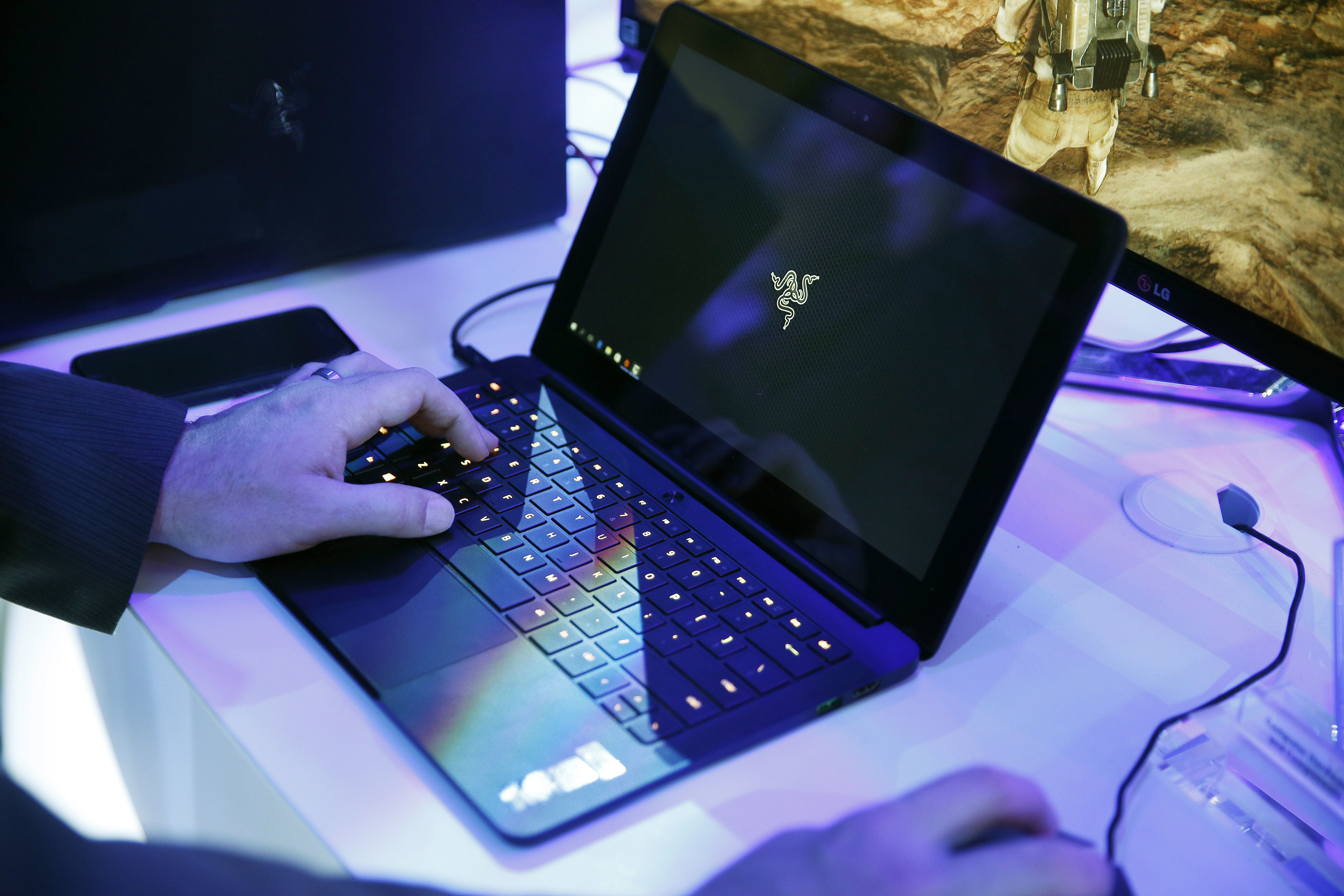President Donald Trump may have yet to effectively implement his once-desired Muslim ban, but his Department of Homeland Security has put in place new rules limiting the technology that can be brought onto aircraft — one that will directly target passengers from predominantly Muslim countries.
The eight countries whose airports (10 in total) will be impacted by this new rule include Egypt, Jordan, Kuwait, Morocco, Qatar, Saudi Arabia, Turkey and the United Arab Emirates, according to The Washington Post. Individuals flying to the United States from the selected airports in these countries will be required to place any personal electronic device larger than a cellphone or smartphone into their checked luggage, which means that technology ranging from laptops to iPads will be prohibited on board the aircraft.
One source with knowledge of the government’s reasoning told the Post that the new restrictions were issued because of recent intelligence indicating that terrorists had made progress in developing explosives which can be easily hidden inside commonly-used electronic devices. Although concerns about this possibility had existed since 2014, it wasn’t believed that terrorists had been able to develop these devices beyond initial planning — until recently.
The story was originally leaked in a tweet by Royal Jordanian Airlines, which told travelers taking flights to New York, Chicago and Detroit and Montreal that “following instructions from certain concerned U.S. departments, we kindly inform our dearest passengers departing to and arriving from the United States that carrying any electronic or electrical device on board the flight cabins is strictly prohibited.”
On Monday, senior U.S. administration officials confirmed the tweet’s accuracy, saying it was “necessary to enhance security procedures for passengers at certain last-point-of-departure airports to the United States.”

